Continental is reaffirming its commitment to Indian road safety by strengthening its safety solutions portfolio, particularly for the 2-Wheeler segment.
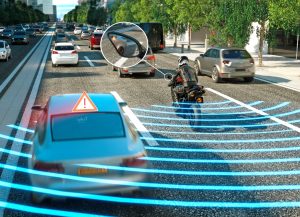
Krishan Kohli, Head of Vehicle Dynamics (VED) and Hydraulic Brake Systems (HBS) business segments said, “The Indian 2-Wheeler market is growing swiftly, for which manufacturers are constantly looking at higher safety standards and technologies to tackle an equally high number of on-road fatalities. At Continental, we have been supporting the market with affordable and reliable safety technologies, which are further complemented by our localization strategy. We are at the forefront of innovation, adapting globally proven technologies for local market needs. This is especially since we strongly believe that road safety is everyone’s right, and we are committed to Vision Zero.”
2-Wheeler Safety Technologies
As per the Ministry of Road Transport and Highways’ report published in 2020, around 37 percent of those killed in road accidents in 2019 were 2-wheeler riders. Since 2019, the legislation mandated ABS (Anti-lock Braking Systems) for 2-wheelers above 125cc has aided better controllability, stability, and steerability for the riders to support safe braking on roads. There some of these crucial technologies which further enhance rider safety in critical riding manoeuvres.
Optimized Curve Braking (oCB) feature from Continental helps riders apply brake in curves or turns where there is a high tendency of fall due to wheel lock. The ABS brake system takes the angled position of the motorcycle (using lean angle information from the continental sensor box) into account. Depending on the incline, the ABS control becomes highly sensitive to prevent wheel lock while providing good braking and steering, thereby improving vehicle handling in curves, making the braking process safer.
Traction Control System (TCS) feature from Continental helps reduce the tire slip on the driven wheel on slippery roads and surfaces while accelerating. It helps to accelerate and manoeuvre efficiently and adequately making the riding safe. The TCS uses the wheel speed sensor information to monitor if the rear wheel is spinning faster than the front wheel. Once the speed difference is sensed, the traction control system helps to reduce the engine torque on the spinning wheel. Thus, limiting the chance of slipping or skidding. An extension function Electronic Drag Control (EDC) feature helps to control the excessive wheel slip caused due to engine drag torque and thereby increase vehicle stability. EDC function tends to realize the best balance between vehicle stability and deceleration in engine drag situations by controlling vehicle drag torque and therefore the propulsion at the wheel appropriately.
Front Lift Protection (FLP) feature helps to protect the vehicle from backward rollover and fall because of excessive drive torque. FLP function monitors the wheel behaviour to detect a liftoff situation and quickly adjust engine torque and thereby having the right propulsion at the wheel to stop backward rollover and fall.
Motorcycle Hold & Go (MHG) feature is a convenient function that helps the rider to hold the bike uphill or downhill stop in a situation without having to continuously hold the brakes. This enables the rider to relax, work on navigation or maps, take calls, etc. MHG function is activated by a special hand lever application by the rider thus indicating the system to lock the front wheel.
Maintaining optimal tire pressure is crucial for the safe riding and braking performance of 2-Wheelers. The Tire Pressure Monitoring System (TPMS)measures the tire pressure using a sensor, transmits the reading, and displays it to the rider. Continental Deflation Detection System (DDS) is designed to work without sensors and provide rider alerts of a critical situation.
Taking a step ahead: ARAS (Advanced Rider Assistant Systems) for 2-Wheelers
The Blind Spot Detection (BSD) solution monitors blind spots for the rider on the adjacent lanes with a radar sensor and can provide visual warnings to the rider in case of any approaching vehicles. As an enhancement, this system can also indicate hazardous lane changes through the Lane Change Assist (LCA) feature. Rearward-facing radar sensors scan the road area behind and next to the motorcycle, providing a warning if a lane change is not recommended at a given point in time.

Forward Collision Warning (FCW)feature alerts the rider by giving a visual warning when the system detects a high risk of a collision with the vehicle in front by using a front radar sensor.
Adaptive Cruise Control (ACC) enables motorcyclists to have a more relaxed and safe riding experience for long journeys. This intelligent function always ensures a safe distance to the vehicle in front and a smooth ride at the same time. It detects relevant objects in front of the vehicle by a radar sensor, even when riding in an inclined position, and performs an automatic correction of the motorcycle’s speed.
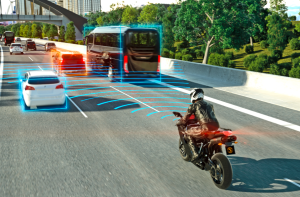
Emergency Brake Assist (EBA)is one such technology, which takes the Forward Collision Warning one step further, indicating to the rider to take action. The system detects an imminent collision with a vehicle ahead or with an obstacle, first warns the rider, and then supports the rider by initiating the braking manoeuvre.
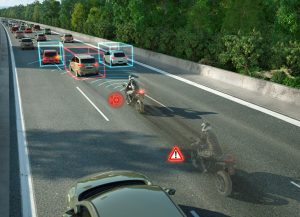
“As the newer and well-informed generation of consumers are becoming more aware of the safety features, the demand for advanced safety technologies will increase. Going by the trend, we can expect features like traction control, optimized curve braking, FLP, FCW, BSD, and others, to become increasingly prominent in the Indian 2-wheeler market in the course of next years,” said Krishan.


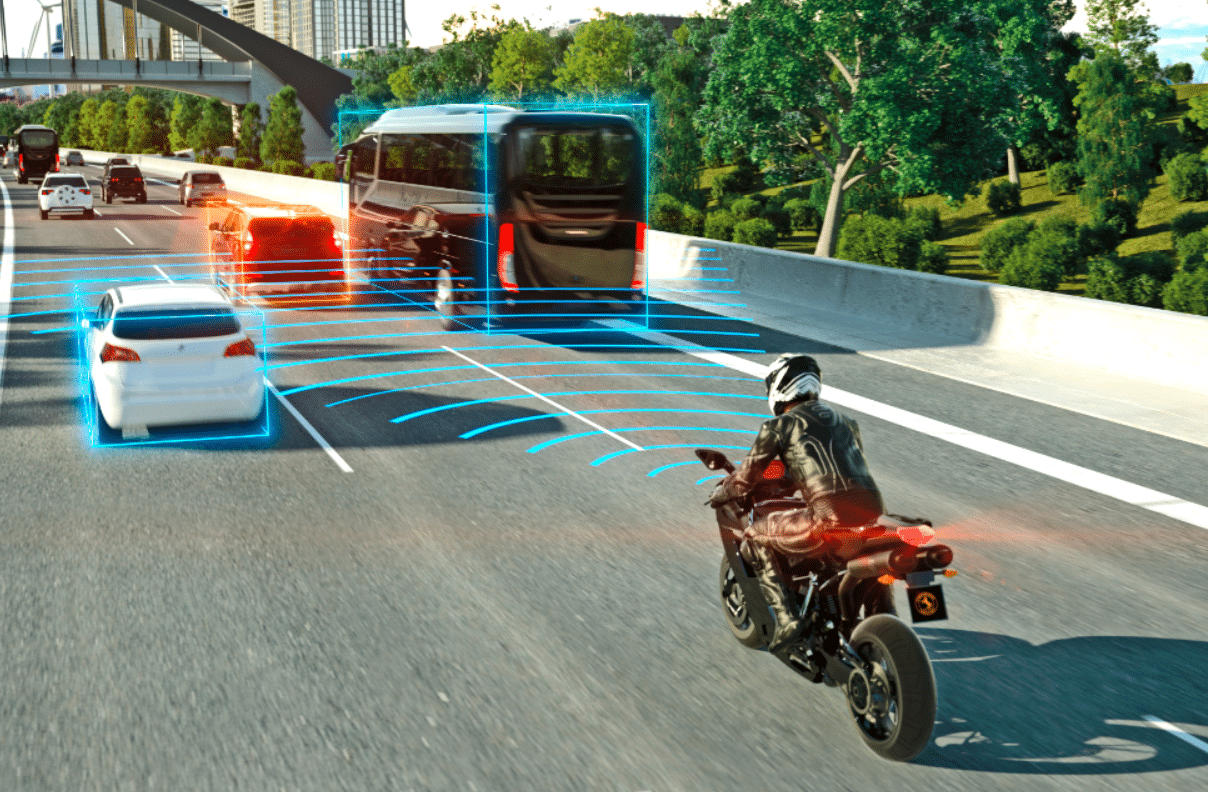

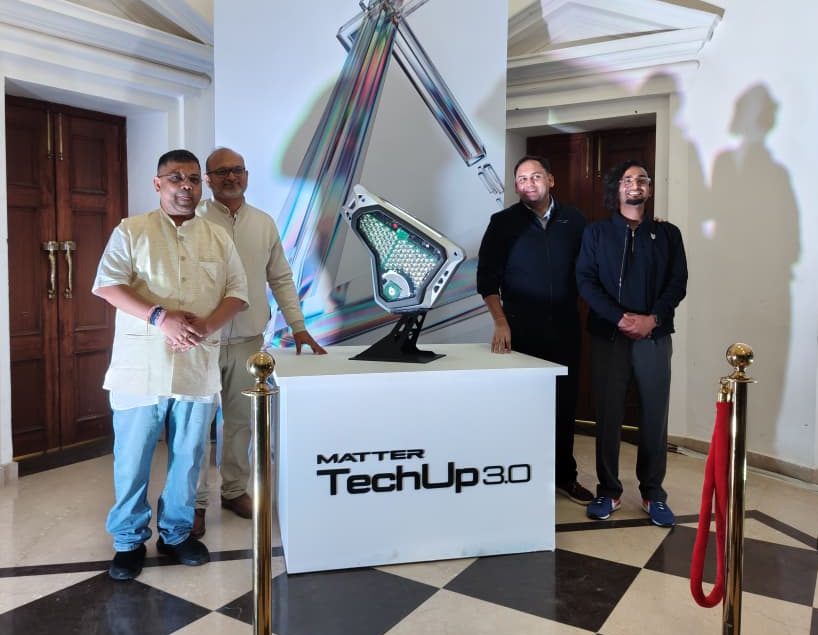

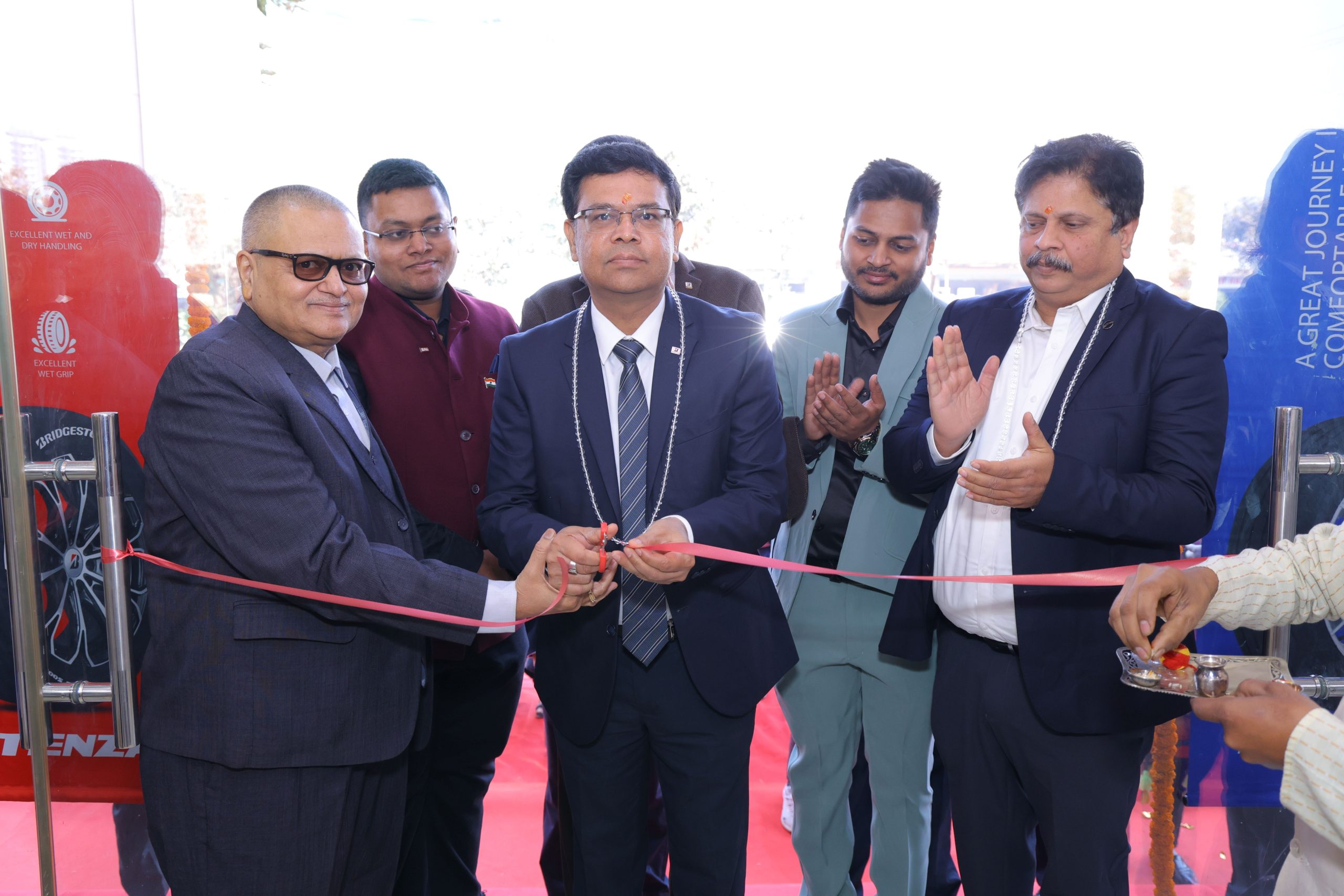

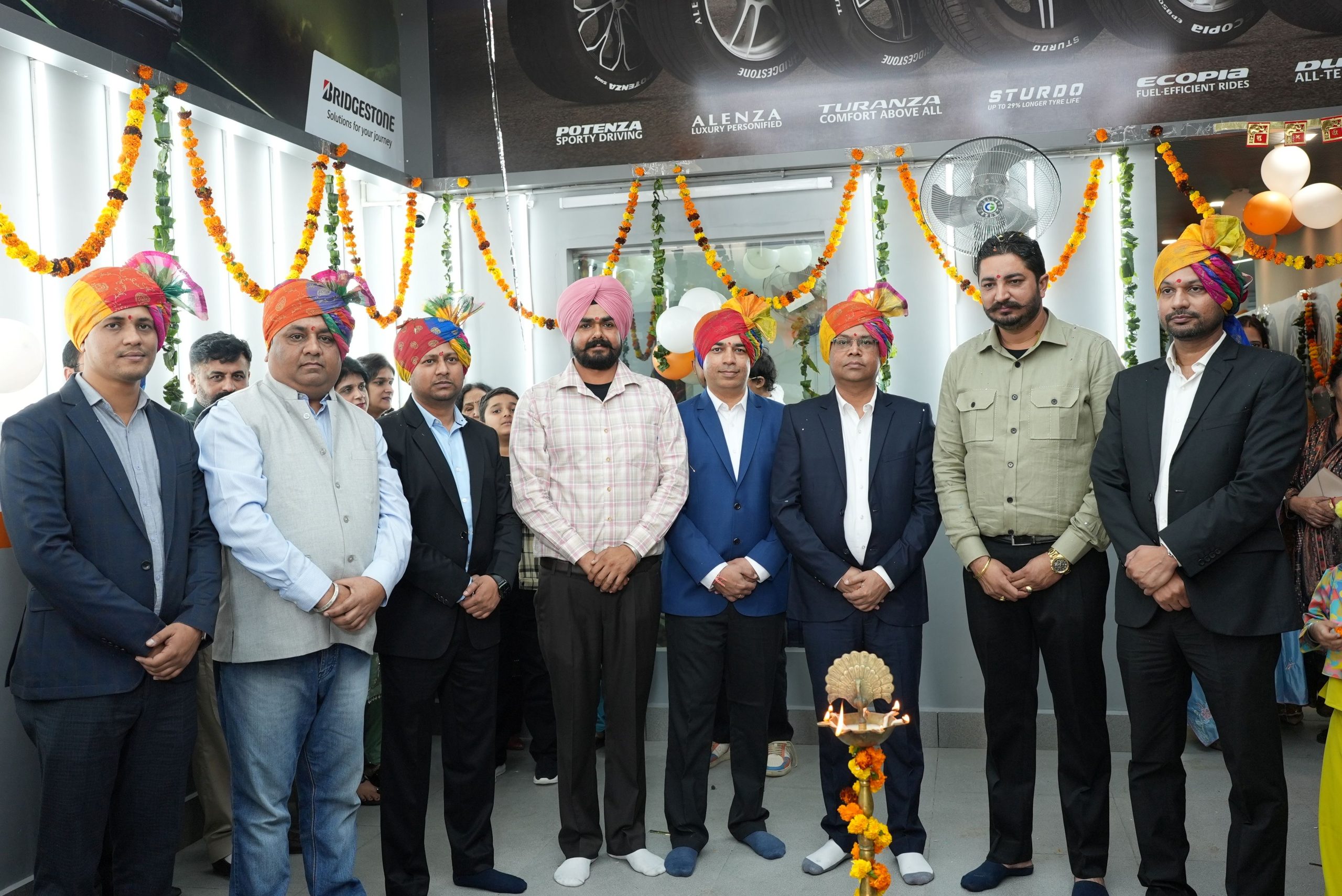
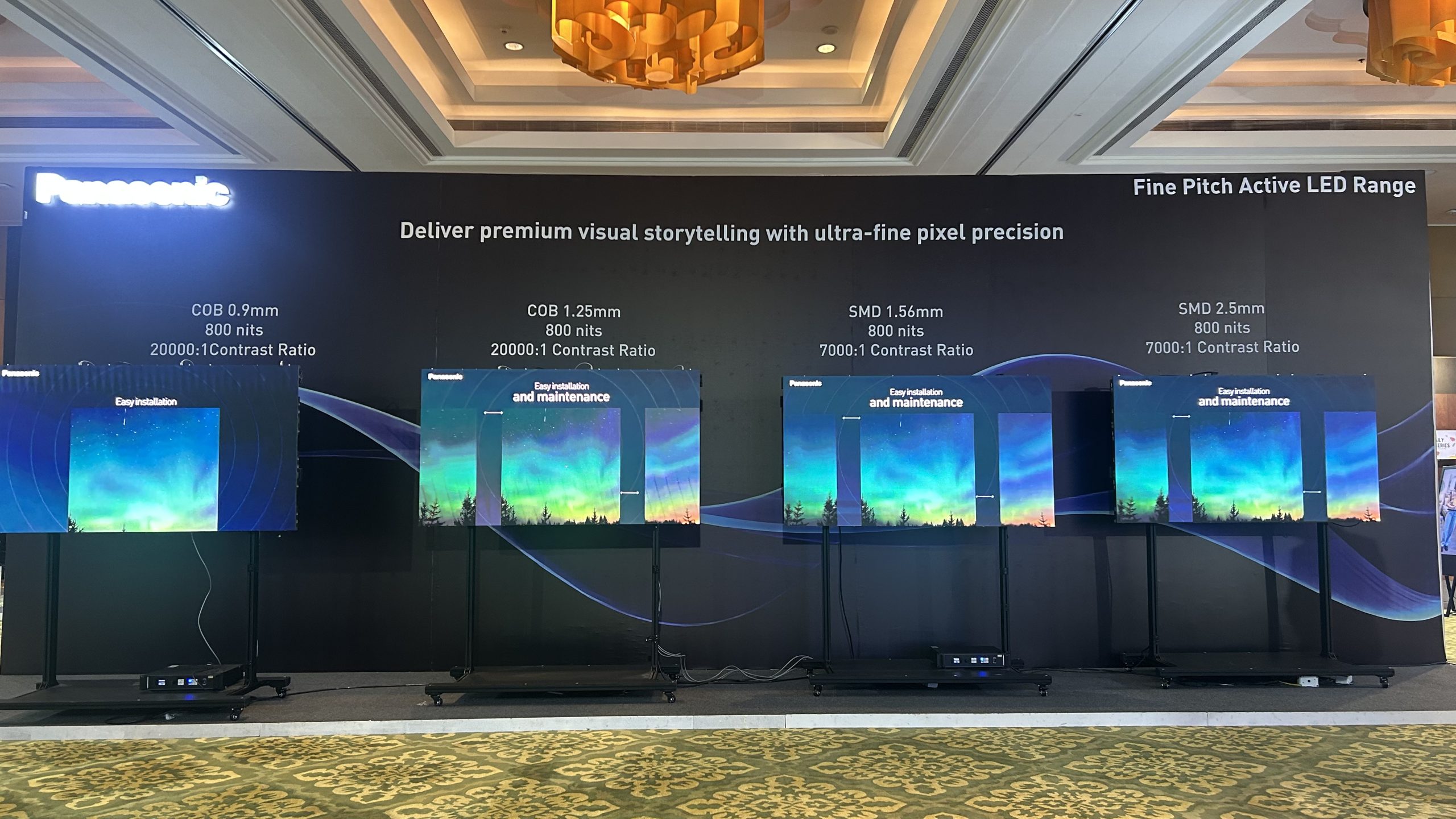
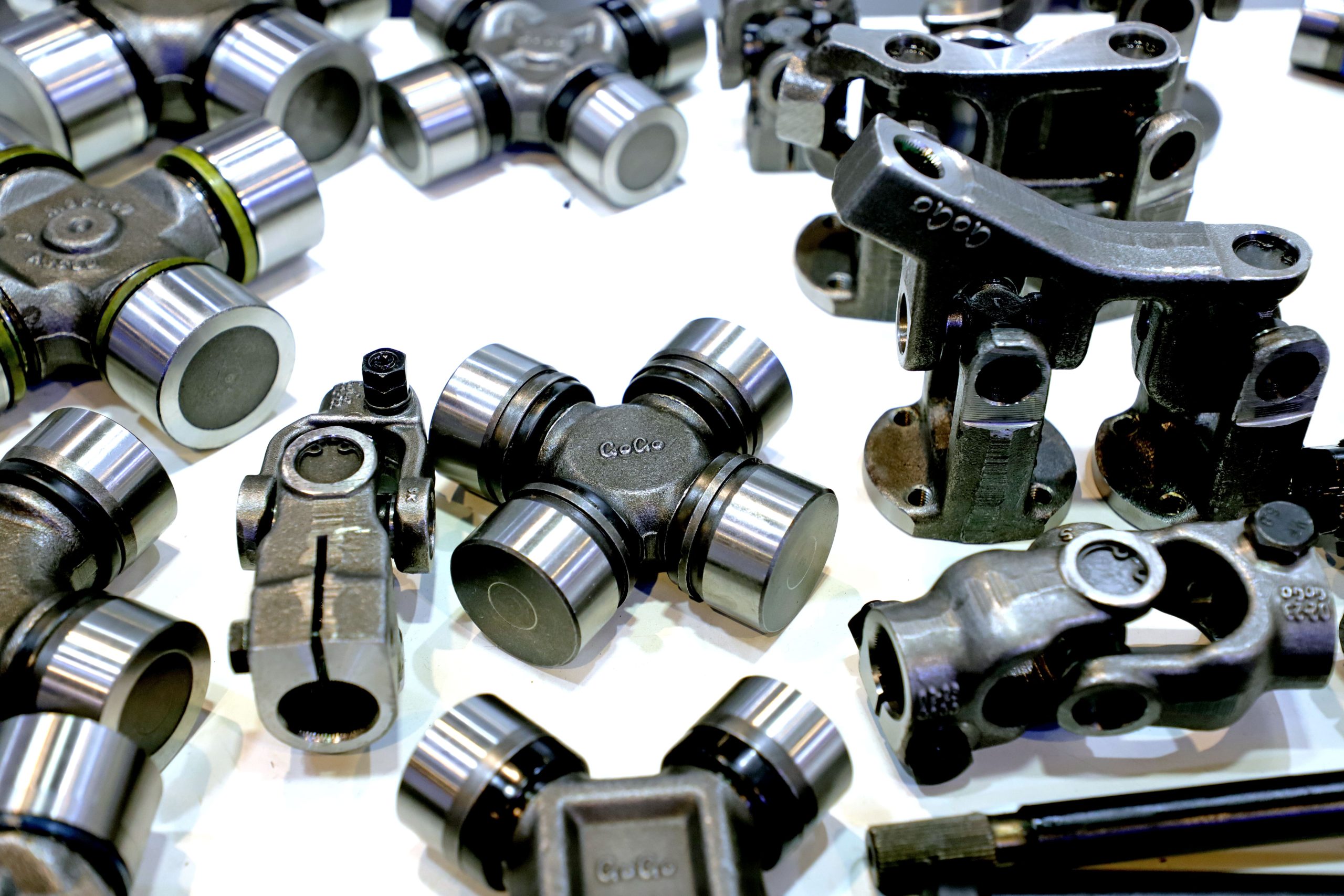
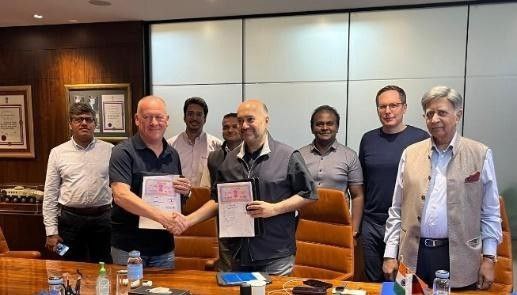
Leave a Reply